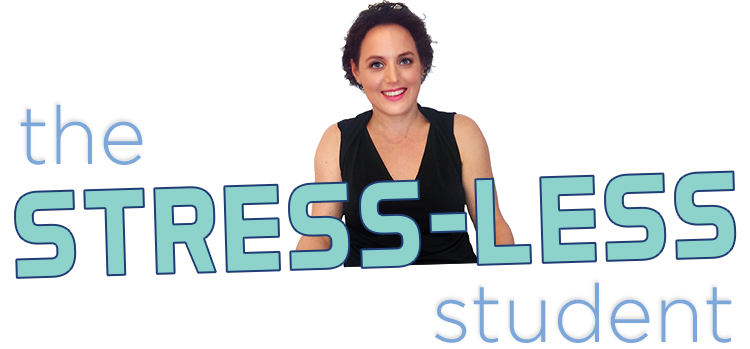What’s on My Mind
When I describe myself as an Academic Life Coach, often times I tell people that I help others to make informed choices, but not always to decide for them (although there is a time and a place for that as well). This is an important distinction: often times students will not study for a test or start on a paper early not because they don’t want to, but because they don’t think that they know how to study or how to start a paper or a project. It is hard, sometimes, for me, when the solution sits so easily and readily in front of me to not solve the problem or tell a student what to do.
The other day, a student walked into my office and asked, “Should I stay during office hours and take my anatomy test or should I go home?” Without pausing, he continued to talk about his mental health challenges and how they affected his motivation. At home he didn’t want to get out of bed, but school triggered his mental health challenges. I had my answer on the tip of my tongue and by the grace of being fully present (I think) I was able to hold it. His story, absolutely compelling, was also one in which he revealed much of who he was. “I would’ve never told any teacher any of this a few years ago,” he admitted sheepishly.
“Hmm,” I said. “How does it feel to share it?
“Kinda embarrassing and strange.” he said smiling.
Had I given into my impatience of giving an answer so that he could, what I thought, “get on with it,” the student would not have been able to celebrate the accomplishment of using his tools that were key to helping him become a more confident person.
When I thought he had wrapped up his story sufficiently, I asked “So, do you have an answer to your question?” There was, of course, a concern, that the answer would not be satisfactory to me. Would I be able to let him leave the office with whatever decision he made?
The student thought aloud about what homework he might do when and then said, “Yeah. I’ll stay.”
Sometimes a think aloud with someone else’s presence is the best way to answer one’s own question. Communicating about homework is often riddled with conflict especially between teens and their parents. Here I share a quick video from a couple years ago about how you might start to break that cycle.
Looking for more tips and tricks for studying? Curious about coaching? Sign up for a complimentary destressfiy yourself session to see if coaching is right for you.
Wishing you a wonderful week!
Warmly,
Sarah Weidman
PS: obviously, this week I’ve tried something new as I incorporate more writing into my practice. How’s it working for you? Prefer the videos? Prefer the written word? Like both? I’d love to know!



Recent Comments